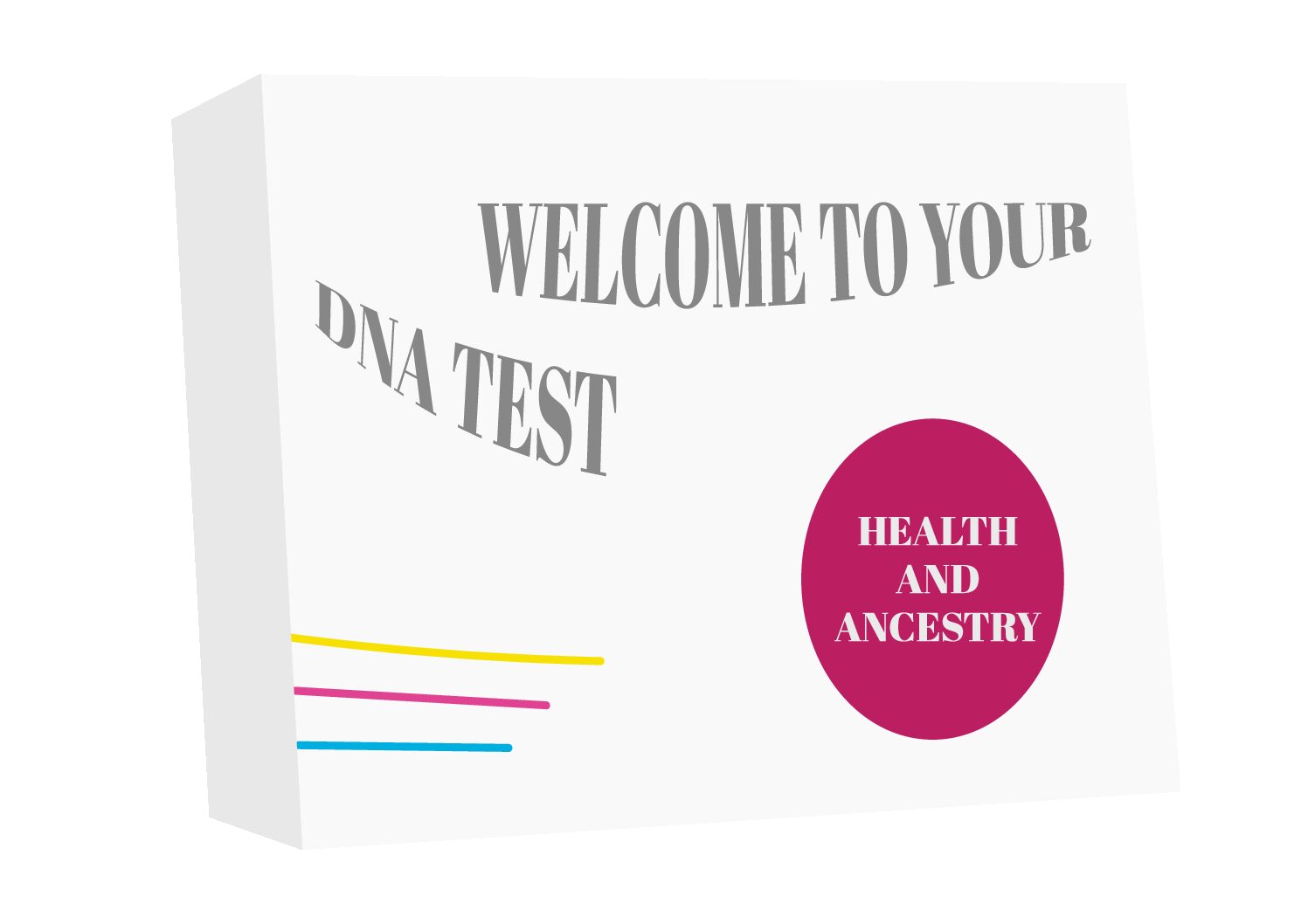Direct-to-consumer genetic testing companies like 23andMe and Ancestry.com are trending genetic services that can unearth a lot about us, from our family history to our predispositions to certain illnesses.
The process for genetic testing is relatively simple—after purchasing the testing kit, consumers will mail in a DNA sample, which involves collecting saliva via a tube or swabbing the inside of their cheek. A laboratory will then extract DNA from cells provided within the sample for analysis before providing the results to the participant on a secure website.
“For some individuals, this has been a great benefit, because they have found family members that they have always been searching for,” Kathryn Kohl, an associate professor of genetics at Winthrop, said.
“But for others, this has caused some distress…some people may also feel proud or happy to contribute their DNA to databases that are used for genetics research. 23andme is one company that allows consumers to opt-in to this research program.”
Consumers of these genetic services may discover unanticipated truths about themselves or their families. However, once these discoveries are known, they cannot be undone, according to the privacy statement from Ancestry.com. Our DNA contains valuable personal information about us — much more than just our eye color, hair color or biological sex. Therefore, many individuals also express concern for the potential usages of our genetic information within the databases of these companies.
“Some individuals fear that having DNA in a database could have negative repercussions in terms of health insurance or employment, for example,” Kohl said. “However, the Genetic Information Nondiscrimination Act prohibits discrimination on the basis of genetic information in both cases. However, GINA does not prevent life or longterm care insurers from using genetic information when making coverage decisions.”
Not to mention, the infamous Golden State Killer was found through reverse-engineering of genetic genealogy using information within the database for GEDmatch. Meaning, a forensic genealogist used the DNA of relatives within the database to identify the DNA from the crime scenes. Although genetic genealogy and consumer genetic testing are beneficial to multiple fields of science—especially forensics—some individuals
continue to voice concerns regarding the privacy of this information.
“Most companies will provide detailed privacy statements…and many will allow consumers to opt-in or out of some privacy aspects. For example, 23andme consumers can either elect to have their saliva sample stored for future use or discarded after analysis,” Kohl said. “However, even if the saliva sample has been destroyed, your genetic information (sequence data) would still be stored within the company’s database. Typically, these databases are advertised as being highly secure with limited employee access.”
As of 2019, more than 26 million individuals have provided their DNA to commercial databases for ancestry and health, according to an article by Antonio Regalado for MIT Technology Review.
“I do not recommend using a DTC genetic test to learn anything about your health,” Kohl said. “Few people have the background knowledge in both medicine and genetics to be able to properly interpret that information without the assistance of a medical professional, and this can cause unnecessary worry or misplaced complacency, depending on the results.”
Most professionals advise that while genetic testing can be informative, individuals should remain cautious about sharing their genetic information to consumer companies.
“These types of genetic tests can be fun — I certainly enjoy looking at my Ancestry.com DNA results — but you should always read the fine print when registering for one of these services,” Kohl said.
“Make sure you know how that company will use your genetic information…to ensure that you are completely comfortable with what you are agreeing to because nothing is more personal than your genetic
information.”
Graphic by Lizzy Talbert




